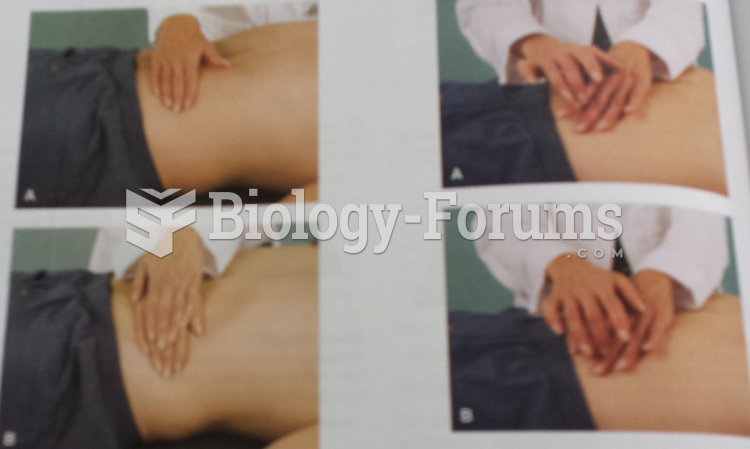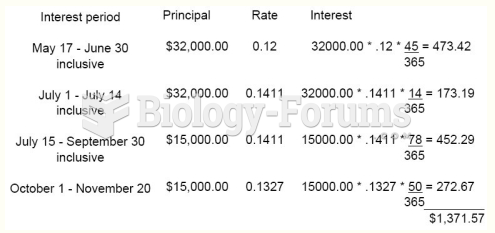Christine's First Job
Christine has just earned her undergraduate degree in accounting and has successfully completed the CPA exam. She recently interviewed with a relatively small and new company and was offered a job. The offer sounded very promising; the job had opportunities to grow with the company and provided diverse challenges. Christine accepted the job.
Once Christine started working, she realized that the owners and employees did not have a general understanding of accounting. She had to teach them the steps in an accounting cycle so they would be able to understand how she was going to create reports. When she talked about the statement of financial position, they had no idea what she was talking about. She was the qualified individual responsible for accounting. No one else working with her had much knowledge. They did not even know the different financial ratios that someone could use to understand the financial standing of a company. Christine knows it will be a challenge to keep everyone on the same page when it comes to numbers and reports.
Refer to Christine's First Job. To help the owners understand how effectively the firm is transforming sales into profits, Christine should address which of the following ratios?
A) Return on sales
B) Earnings per share
C) Acid-test ratio
D) Return of owners' equity
E) Inventory turnover
Question 2
Minimum wages and overtime pay rates were established by the
A) Fair Labor Standards Act.
B) Equal Pay Act.
C) National Labor Relations Act.
D) Labor Management Relations Act.







